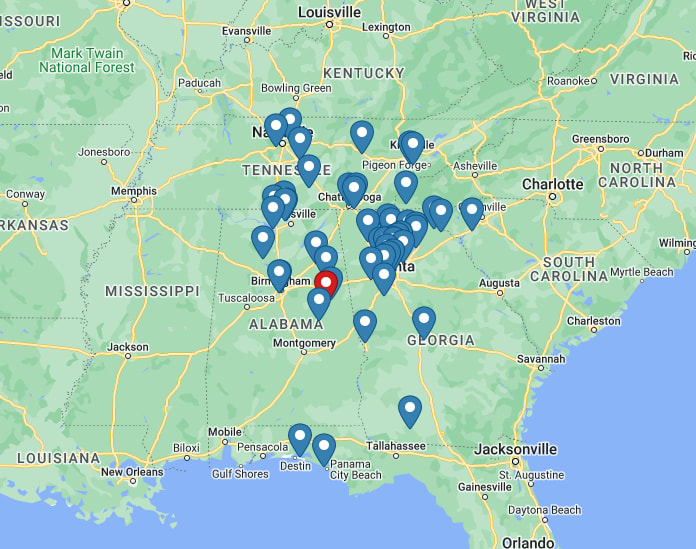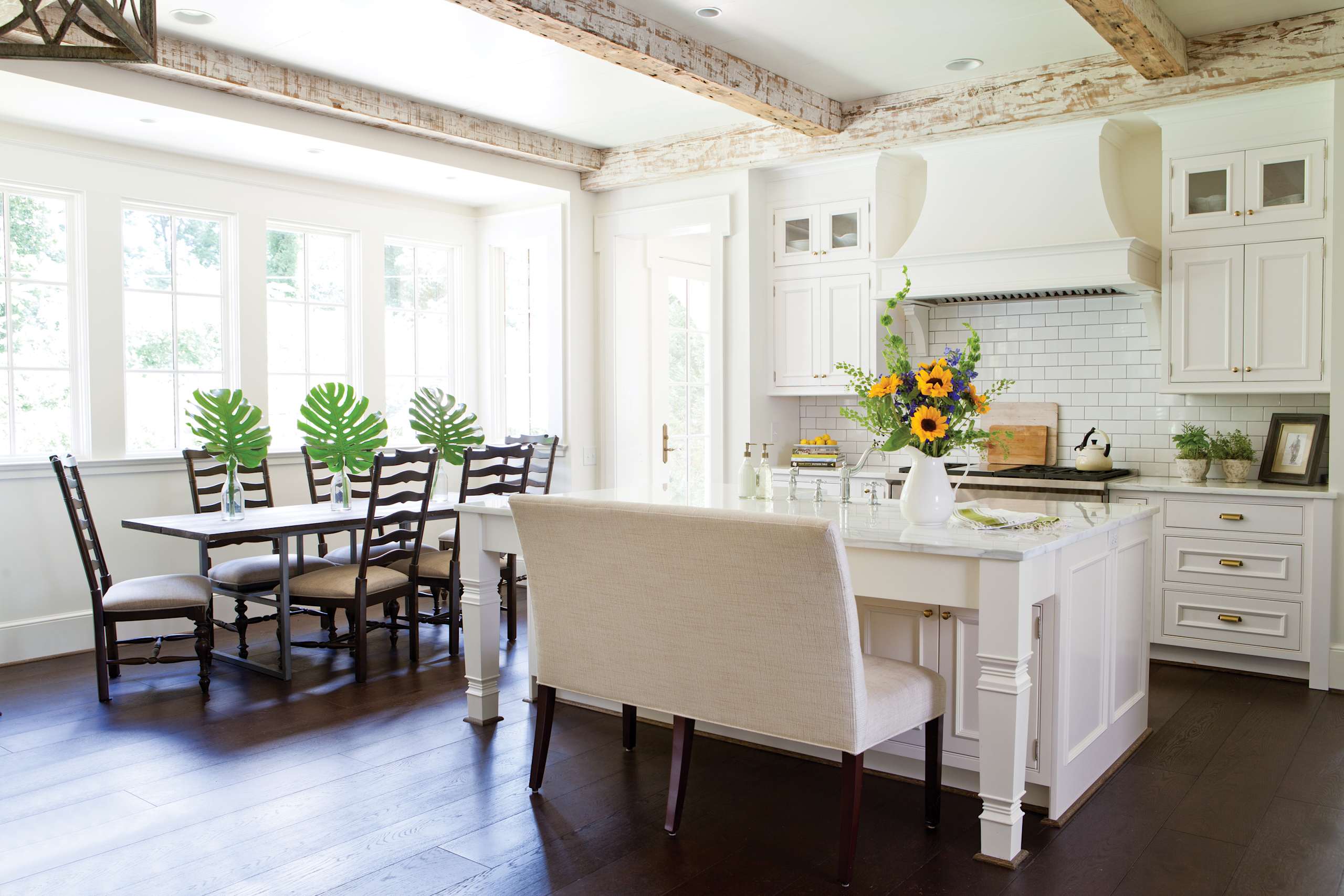
Your kitchen serves as the heart of your home—a place where meals are prepared, memories are made, and bonds are strengthened. However, as time passes, even the most beloved kitchens can start to feel outdated, cramped, or lacking in functionality. If you're dreaming of a kitchen that not only meets your practical needs but also reflects your personal style and enhances your quality of life, it may be time to consider a remodel. In this comprehensive guide, we'll take you through every step of the kitchen remodeling process, from initial inspiration to the final finishing touches, empowering you to create the kitchen of your dreams.
Before diving into the world of kitchen remodeling, it's essential to take stock of your needs, desires, and goals for the space. Consider how you currently use your kitchen and identify any pain points or areas for improvement. Do you need more storage space, better lighting, or updated appliances? Are you craving a more open layout for seamless entertainment or a cozy nook for morning coffee? By understanding your priorities, you can create a project plan for your remodel that addresses your unique requirements and aspirations.

Once you've identified your goals, it's time to set a realistic budget for your remodel. Consider factors such as the scope of work, materials, labor costs, and any unexpected expenses that may arise. While it's tempting to splurge on luxurious finishes and high-end appliances, it's essential to balance your aspirations with your financial goals. Remember that a well-planned remodel is an investment in your home's value and your quality of life, so allocate your budget wisely to achieve the greatest return on your investment. In 2024, the average cost of a kitchen remodel will be in the $10,000-$50,000 range, depending on the extent of the work and the quality of materials. It is essential to stick to your budget.
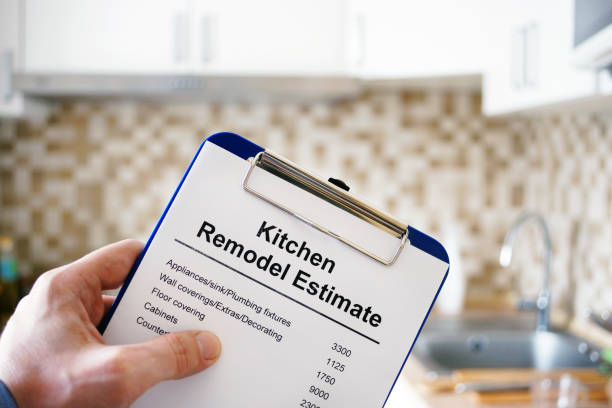
With your goals and budget in mind, it's time to unleash your creativity and design the kitchen of your dreams. Whether you prefer a sleek modern aesthetic, a cozy farmhouse vibe, or something in between, let your personal style guide the design process. Consider elements such as layout, cabinetry, kitchen island, countertops, flooring, lighting, and appliances, and explore a variety of styles, colors, and finishes to bring your vision to life. Don't be afraid to think outside the box and incorporate unique features that reflect your personality and lifestyle.

Choosing the right materials and finishes is crucial to achieving both aesthetic appeal and functionality in your new kitchen. Explore a wide range of options, from timeless classics like marble countertops and hardwood floors to innovative materials such as quartz composite and luxury vinyl tile. Consider factors such as durability, maintenance requirements, and compatibility with your design aesthetic when making selections. Remember that quality materials and craftsmanship are essential investments that will enhance the longevity and value of your kitchen remodel.
Unless you're a seasoned DIY expert, you'll likely need to enlist the help of skilled contractors to bring your vision to life. Take the time to research and vet potential contractors, check references, read reviews, and obtain multiple bids for the project. Look for experienced professionals who are licensed, insured, and have a proven track record of delivering quality workmanship on time and within budget. Communication is key, so maintain open lines of dialogue with your contractors throughout the remodeling process to ensure that your vision is realized to perfection. The final outcome of your space will be heavily affected by the quality of the installation and the adjustments of doors and storage features.

One of the most critical aspects of kitchen remodeling is creating a functional layout that maximizes space, efficiency, and flow. Consider the principles of the kitchen work triangle—the relationship between the sink, stove, and refrigerator—and aim to keep these essential elements within easy reach of one another. Explore different layout options, such as galley kitchens, L-shaped designs, or open-concept layouts, and choose the configuration that best suits your needs and space constraints. Don't forget to factor in ample counter space (particularly near appliances), storage solutions, and designated zones for cooking, prepping, and dining to optimize the usability of your kitchen.
A well-designed kitchen maximizes storage space to keep clutter at bay and ensure that everything has its place. Explore a variety of storage solutions, including cabinets, drawers, shelves, and pantry organizers, to make the most of every inch of available space. Consider features such as pull-out shelves, lazy Susans, and built-in dividers to enhance accessibility and organization. Don't forget about vertical storage opportunities, such as hanging pot racks, wall-mounted shelving, and ceiling-height cabinets, to capitalize on unused wall and ceiling space.
Modern kitchens are increasingly incorporating smart technology to enhance convenience, efficiency, and sustainability. Explore a variety of smart appliances and gadgets, such as Wi-Fi-enabled refrigerators, touchless faucets, and voice-activated assistants, to streamline your kitchen experience. Consider energy-efficient appliances and fixtures, such as ENERGY STAR-rated refrigerators, LED lighting, and low-flow faucets, to reduce your environmental footprint and lower utility costs. Embrace automation and connectivity to simplify tasks, monitor usage, and optimize performance in your kitchen.
Proper lighting is essential in any kitchen, both for practical tasks and aesthetic appeal. Explore a variety of lighting options, including ambient, task, and accent lighting, to create layers of illumination that enhance visibility and ambiance. Incorporate natural light whenever possible, maximizing windows, skylights, and glass doors to flood the space with sunlight. Supplement natural light with strategically placed fixtures, such as recessed ceiling lights, pendant lamps, and under-cabinet LEDs, to illuminate work surfaces and highlight architectural features. Consider installing dimmer switches and smart lighting controls to adjust brightness and mood throughout the day.

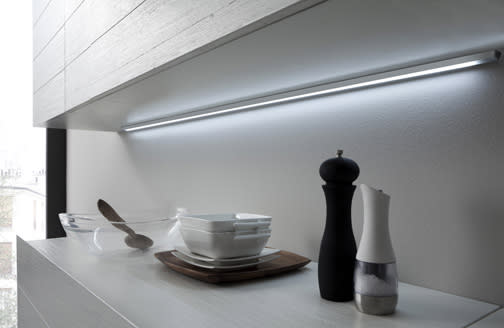
The finishes you choose for your kitchen can significantly impact its overall look and feel, so it's essential to choose wisely. Explore a variety of options for cabinetry, countertops, flooring, backsplash, and hardware, considering factors such as style, durability, maintenance, and cost. Opt for finishes that complement your design aesthetic and create visual cohesion throughout the space. Consider timeless classics like white shaker cabinets, marble countertops, and hardwood floors for a sophisticated and versatile look that will stand the test of time. Experiment with textures, patterns, and colors to add depth and interest to your kitchen design while staying true to your personal style.
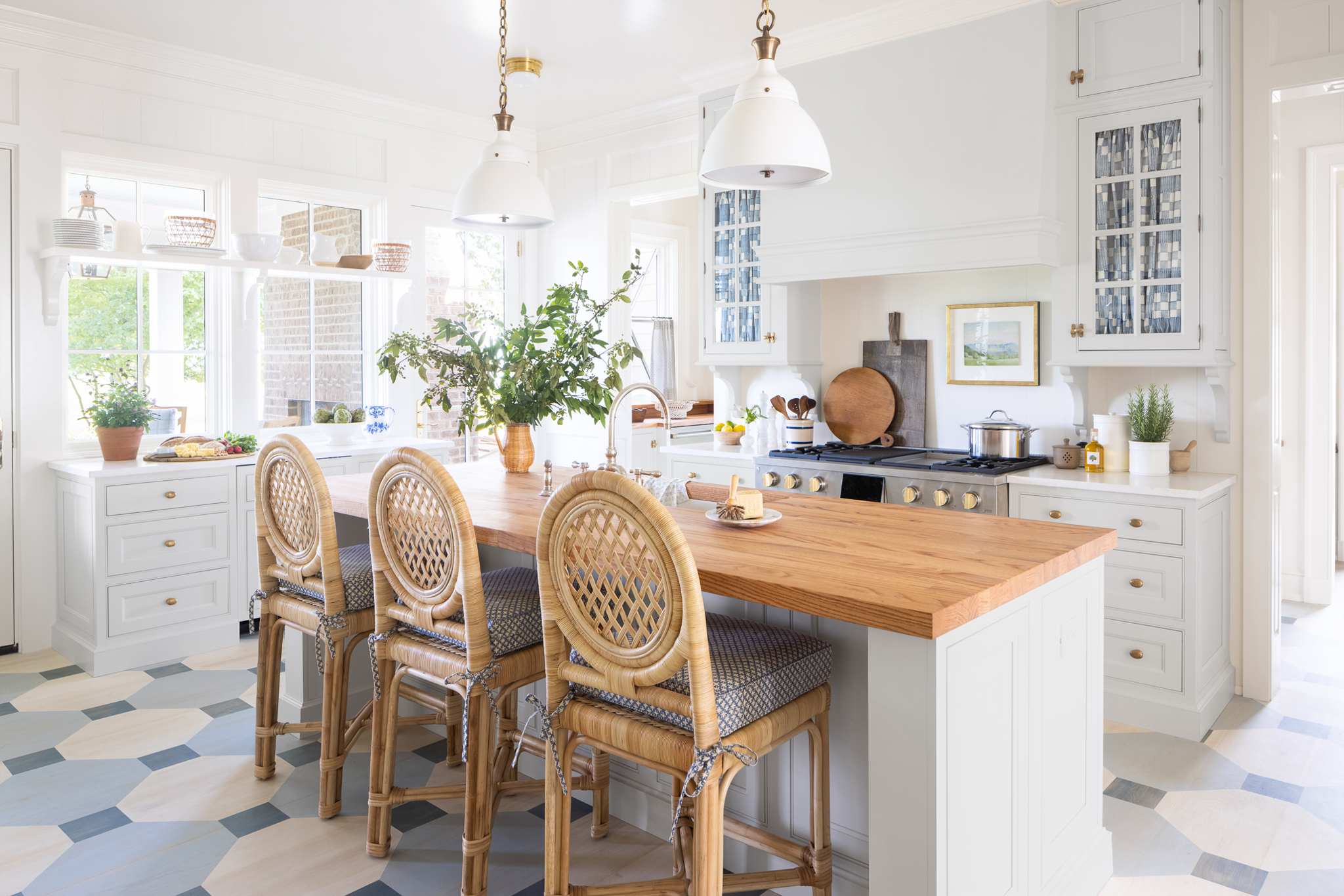
While functionality and aesthetics are essential in kitchen design, it's also essential to infuse your space with personal touches that reflect your personality and lifestyle. Display cherished items, such as family heirlooms, vintage collectibles, or your favorite artworks to add warmth and character to your kitchen. Incorporate elements of nature, such as potted plants, fresh flowers, or an herb garden to bring life and vitality into your space. Consider creating a dedicated space for showcasing cookbooks, recipe cards, or culinary tools that inspire you to explore new flavors and techniques. By adding personal touches to your kitchen design, you can create a space that feels uniquely yours and fosters a sense of comfort and belonging.
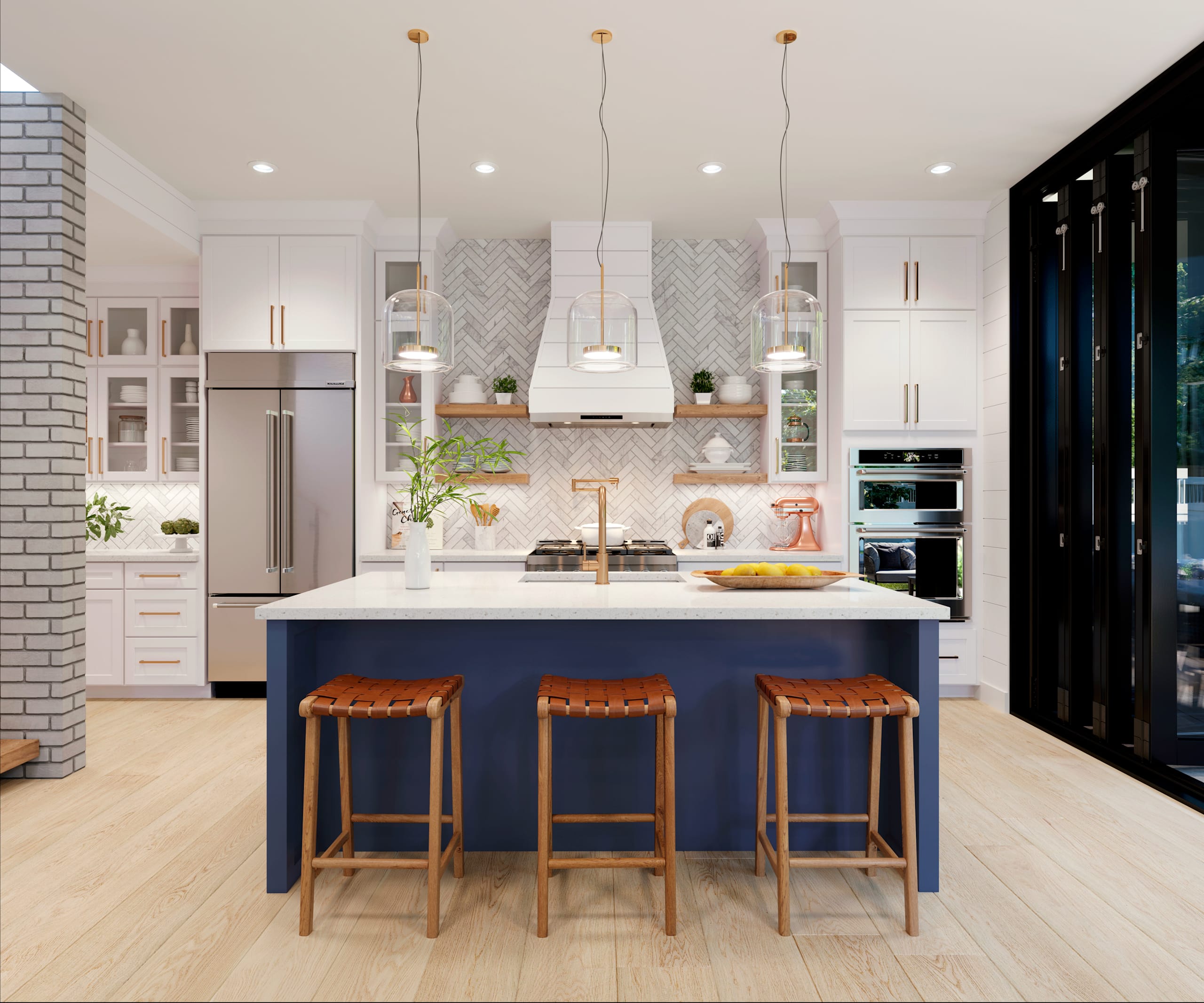
During the renovation process the kitchen will not be available for a period of time. Plan ahead and identify where and how you will store food and prepare meals and in turn wash dishes. You will want a portion of must have items readily available and should consider tools like a grill, air fryer, toaster oven and crockpot. These will be your go to appliances during the transition. Depending on your dealer/installer, you may need to plan a staging area for the cabinets, appliances, and other finish materials so they are available to your contractors during the process. It may not be your normal routine, but it can be simplified and less frustrating if you plan ahead.
A kitchen renovation is a significant undertaking, but with careful planning, thoughtful execution, and a touch of creativity, you can transform your space into a culinary haven that delights the senses and enhances your quality of life. By assessing your needs, setting a budget, and collaborating with experienced professionals, you can bring your vision to life and create a kitchen that reflects your style, meets your practical needs, and brings joy to your everyday life. So, gather your inspiration, roll up your sleeves, and embark on this exciting journey of transformation that will breathe new life into your home. Find a local Wellborn Cabinet dealer near you!
